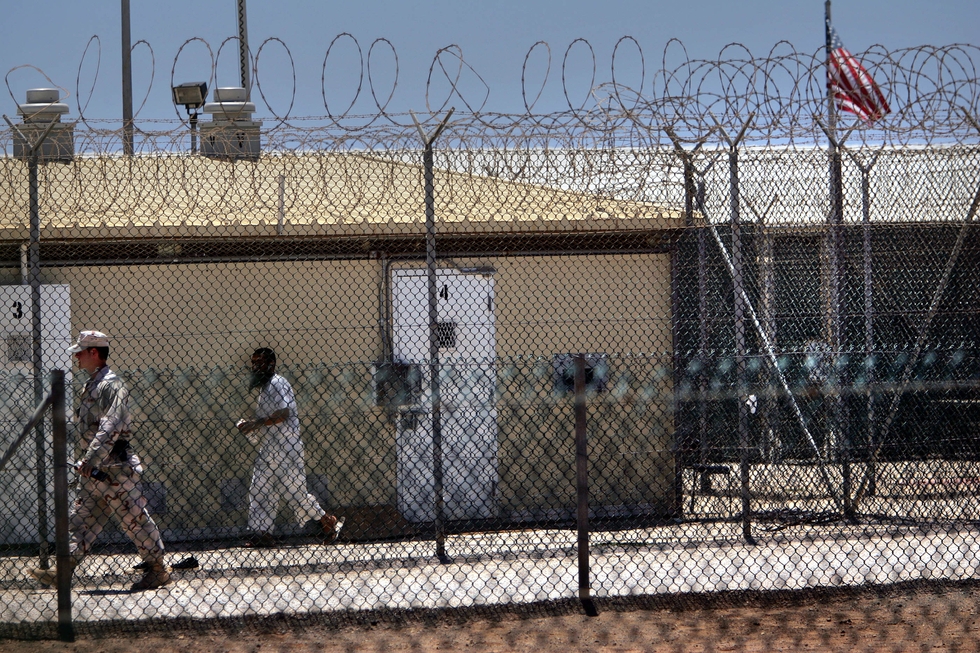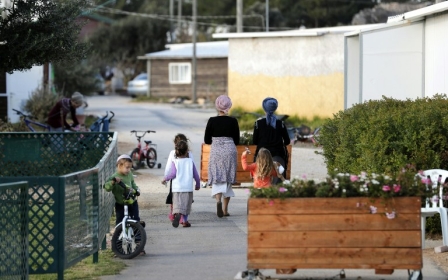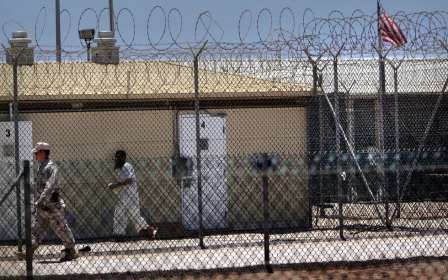US looking to transfer Gitmo prisoner to Israel: Report

The US government has asked Israel to accept the transfer of a Guantanamo Bay inmate and prosecute him over the 2002 bombing of an Israeli hotel in Mombasa, Kenya, the Miami Herald reported on Thursday.
Mohammed Abdul Malik Bajabu, 43, has admitted to a role in the attack, along with a failed attempt to down an Israeli airplane about the same time, according to US government documents.
He was arrested by Kenyan authorities in Mombasa in 2007 and handed to the US.
According to the newspaper report, US officials travelled to Israel in April to discuss Bajabu’s transfer, and the Israelis showed interest in accepting the prisoner for prosecution.
However, the Herald cites officials as saying that the FBI’s reluctance to share information its agents obtained during their interrogation of Bajabu remains a hurdle in the transfer.
"The government of Israel has repeatedly asked for information to support their possible prosecution," an identified US official told the Herald. "But, for reasons that are unclear, the FBI has declined to provide the information that has been requested by senior Israeli prosecutors. They want to see the incriminating statements. And that’s where we are stuck - and have been for many months - which is frustrating."
President Barack Obama has failed to deliver on his 2008 campaign promise to close the prison camp.
The Guantanamo prison has held nearly 800 inmates in all since it was opened shortly after the US-led invasion of Afghanistan in late 2001. Currently, 51 prisoners are in custody, with 20 approved for release.
Congress has passed a law against bringing the prisoners to US soil from the camp in Cuba. The government is unable to prosecute about 30 inmates, including Bajabu, but still cannot release them because they are considered too dangerous.
New MEE newsletter: Jerusalem Dispatch
Sign up to get the latest insights and analysis on Israel-Palestine, alongside Turkey Unpacked and other MEE newsletters
Middle East Eye delivers independent and unrivalled coverage and analysis of the Middle East, North Africa and beyond. To learn more about republishing this content and the associated fees, please fill out this form. More about MEE can be found here.




